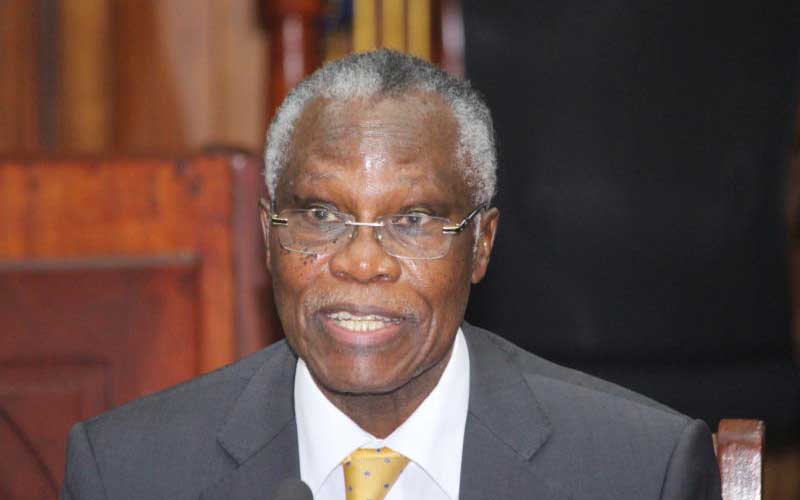×
The Standard e-Paper
Fearless, Trusted News

Reverend Samuel Kobia (pictured), the new chairman of the National Cohesion and Integration Commission (NCIC), faces challenges from anti-cohesion forces. Their leaders are powerful, have large following, are seemingly immune from accountability, and act with gross impunity. As the country gears up for tense debates on the anticipated Building Bridges Initiative (BBI) report and the 2022 presidential election, Kobia’s conflict management skills will be tested.